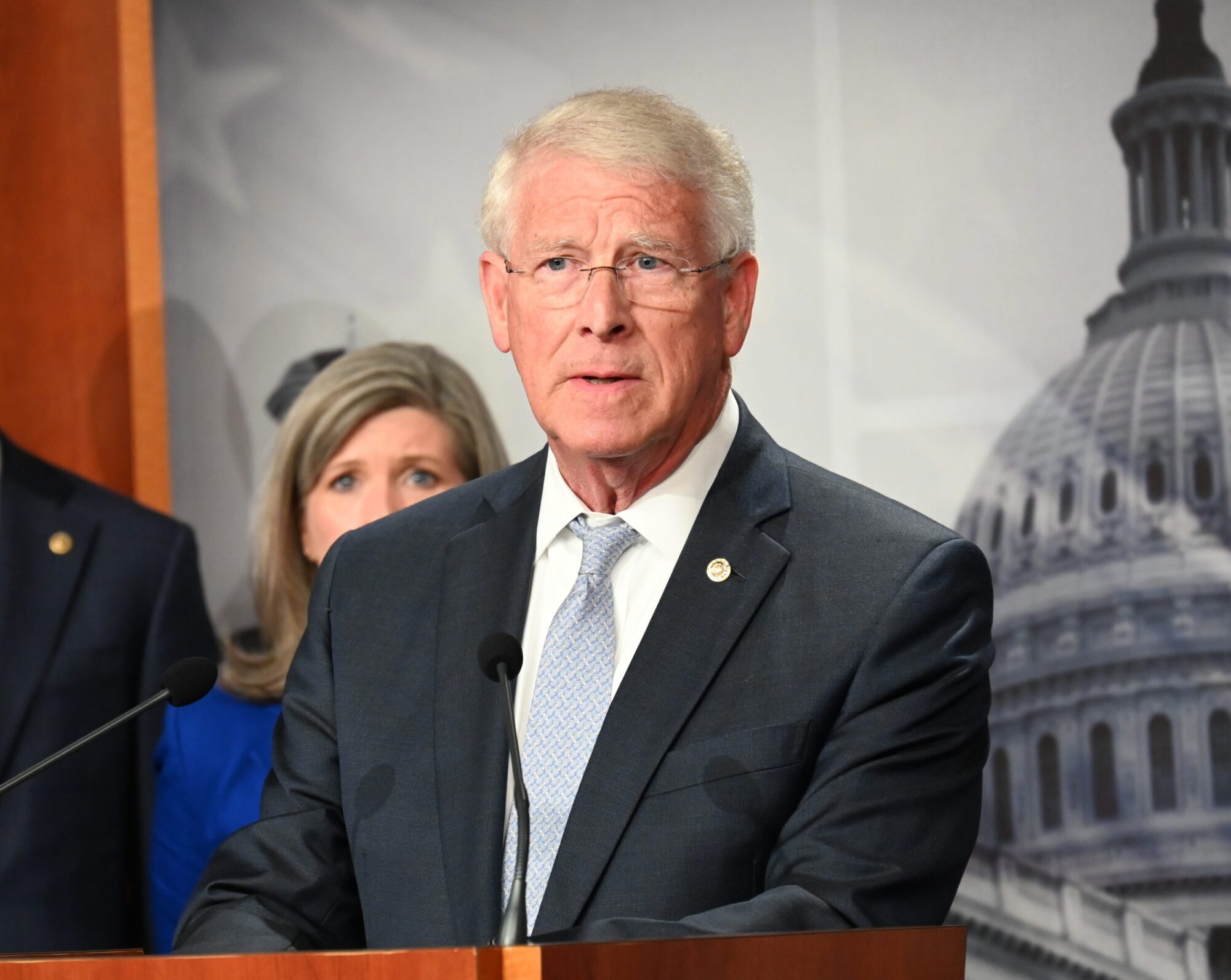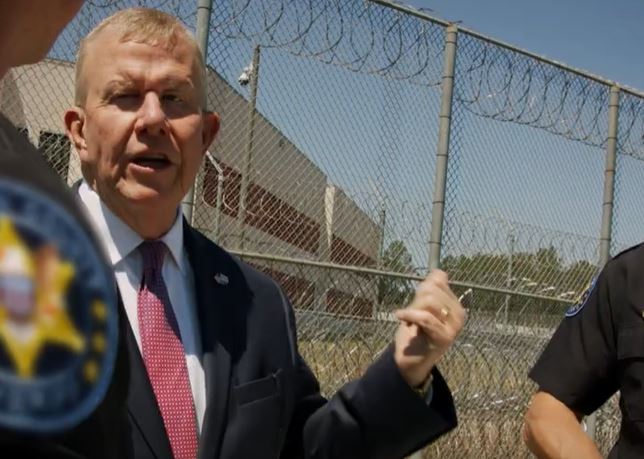
Submitted by Russ Latino
“If there is a silver lining in this moment, it is hard proof that sound monetary and fiscal policy matters. Runaway spending is harmful. Central economic planning is folly.”
Scapegoats are popular in modern politics. Consider America’s current experience with inflation. When President Biden took office, the consumer price index (CPI) was 1.4 percent, year-over-year. Since his inauguration, that number has climbed to 8.5 percent.
The Biden administration has been reluctant to own the problem, recently turning Vladimir Putin into their scapegoat with a misleading narrative about “Putin’s price hike.” To be clear, Putin is not a good actor on the global stage, but the Russian autocrat is not the primary cause of Americans’ pain at the pump, in the grocery store, and everywhere in between. Not close.
In the month prior to Russia’s invasion, inflation was already 7.5 percent. West Texas Intermediate crude oil was trading at 53 dollars a barrel when Biden took office, but had nearly doubled to 90 dollars a barrel prior to the invasion. The inflation train had left the station long before Putin’s tanks began to roll.
Knowing this, Republicans might be inclined to take a victory lap around the hole Biden has helped dig. They would have to first put down their own shovels. Because just as Biden is attempting to make a scapegoat of Putin, we are ignoring our own contributions to inflation when we suggest Biden is wholly responsible for the mess we find ourselves in.
Famed economist Milton Friedman rightly surmised that “inflation is always and everywhere a monetary phenomenon, in the sense that it can be produced only by a more rapid increase in the quantity of money than in output.”
Friedman was not speaking in a theoretical vacuum. He cut his teeth during a period of economic tumult in the 1970s that saw a rapid expansion of the money supply. Four times in the decade, the U.S. money supply grew by more than 12 percent annually. Simultaneously, the U.S. suffered what economists call a “supply shock,” as two oil embargoes affected the availability of not only fuel, but impacted the entire supply chain.
Together, these two factors generated double-digit inflation that necessitated massive interest rate hikes at the outset of President Reagan’s first term.
While history may not fully repeat itself, it often rhymes. Amid COVID, the U.S. money supply grew by an astounding 25 percent in President Trump’s last year in office. President Biden took that smoldering fire and dumped gasoline on it with the American Rescue Plan. In total, the U.S. money supply has increased by nearly 41 percent since the beginning of COVID, more than any period since World War II.
Apologists for this spending spree contend that the U.S. would be far worse off had it not authorized an unprecedented $13.9 trillion in COVID relief. But this argument is a strawman that presupposes that the alternative was to do nothing. It does not consider whether we could have moderated the prolonged shutdowns that necessitated relief in the first place. Nor does it consider the extent or form of relief authorized.
The vast majority of Americans did not lose their jobs during the pandemic. That did not stop a series of four direct payments that gainfully employed people still reaped, three under the Trump administration and one under Biden. Those who did lose their jobs, received enhanced unemployment benefits that had 2/3rds of recipients making more in unemployment than their previous job and 1/5th of recipients more than doubling their previous income.
Business support like the “Paycheck Protection Program,” a forgivable loan designed to help businesses maintain payroll during lockdowns, lacked proper checks to ensure that it went to companies actually impacted by the pandemic. Meanwhile, the Federal Reserve’s asset purchasing program pumped over $4 trillion into the stock market, creating a wild speculative bubble that is on the verge of implosion.
Harm could have been mitigated by not shuttering the bulk of our economy and relief programs could have been far more targeted and proportionate. Instead, in a town already known for its excesses, both Republicans and Democrats got spend drunk. The prevailing sentiment seemed to be “if a little bit is good, a lot must better.”
In 2020, the inflation crisis was temporarily averted by people, with nowhere to spend, saving their newfound windfalls. From February to April of 2020, the personal savings rate ballooned from 8.3 percent to 33.8 percent. But as COVID fatigue grew and the economy re-opened in the Spring of 2021, people turned on the spending spigot. Last month, the savings rate was down to 6.3 percent.
This torrent of previously sidelined dollars found its way into a market still suffering from severe supply constraints, caused, in large part, by government lockdowns and relief policies that provided disincentive to return to work. Friedman’s recipe for inflation was complete.
Ill-targeted $1400 stimulus checks helped give way to $10 a pound hamburger meat. Today, it is estimated that the average U.S. family is having to spend $300 more per month than the same time last year just to stay afloat. For most working people across the country, this is not a mere inconvenience, but a crisis that jeopardizes families.
The U.S. is experiencing extreme economic pain, with more to likely come. If as a nation we allow the actions that created this storm to be hidden by blaming Putin or simplistic partisan finger pointing, then we will not learn from our mistakes.
If there is a silver lining in this moment, it is hard proof that sound monetary and fiscal policy matters. Runaway spending is harmful. Central economic planning is folly. There is a pathway to restore fiscal sanity and secure our nation’s future—just not if we keep punishing scapegoats in our stead.
###
Submitted by Russ Latino. He is the President of Empower Mississippi.











